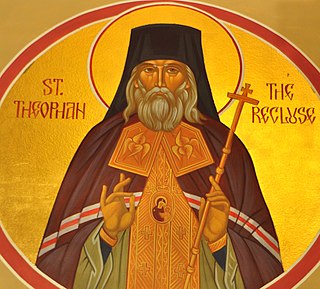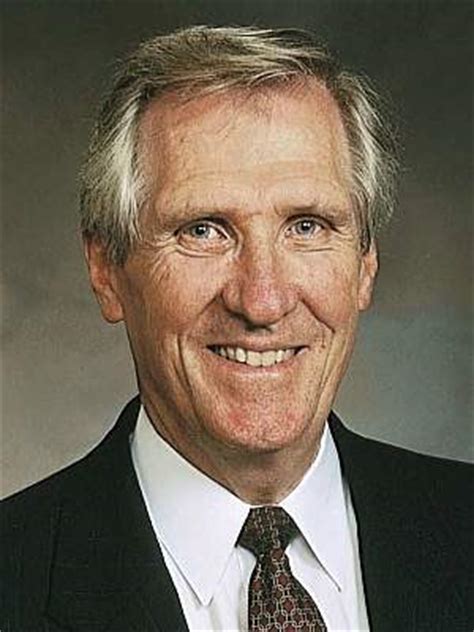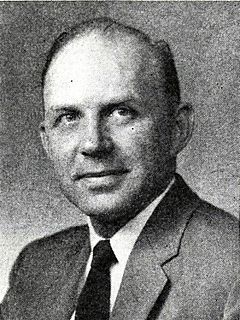A Quote by Ambrose Bierce
EVANGELIST, n. A bearer of good tidings, particularly (in a religious sense) such as assure us of our own salvation and the damnation of our neighbors.
Related Quotes
Remember that each of us has his own cross. The Golgotha of this cross is our heart: it is being lifted or implanted through a zealous determination to live according to the Spirit of God. Just as salvation of the world is by the Cross of God, so our salvation is by our crucifixion on our own cross.
The Savior’s words are simple, yet their meaning is profound and deeply significant. We are to love God and to love and care for our neighbors as ourselves. Imagine what good we can do in the world if we all join together, united as followers of Christ, anxiously and busily responding to the needs of others and serving those around us — our families, our friends, our neighbors, our fellow citizens.
In the Christian sense, love is not primarily an emotion but an act of the will. When Jesus tells us to love our neighbors, he is not telling us to love them in the sense of responding to them with a cozy emotional feeling. You can as well produce a cozy emotional feeling as you can a cough or sneeze. On the contrary, he is telling us to love our neighbors in the sense of being willing to work for their well-being even if it means sacrificing our well-being to that end.
Heroes are necessary in order to enable the citizens to find their own ideals, courage and wisdom in the society. The hero carries our hopes, our aspirations, our ideals, our beliefs. In the deepest sense the hero is created by us; he or she is born collectively as our own myth. This is what makes heroism so important: it reflects our own sense of identity and from this our own heroism is molded.
We would labor earnestly to raise a believer in salvation by free will into a believer in salvation by grace, for we long to see all religious teaching built upon the solid rock of truth and not upon the sand of imagination. At the same time, our grand object is not the revision of opinions, but the regeneration of natures. We should bring men to Christ, not to our own particular views of Christianity.
Apocalypse does not point to a fiery Armageddon but to the fact that our ignorance and our complacency are coming to an end. The exclusivism of there being only one way in which we can be saved, the idea that there is a single religious group that is in sole possession of the truth—that is the world as we know it that must pass away. What is the kingdom? It lies in our realization of the ubiquity of the divine presence in our neighbors, in our enemies, in all of us.
It is taboo in our society to criticize a persons religious faith... these taboos are offensive, deeply unreasonable, but worse than that, they are getting people killed. This is really my concern. My concern is that our religions, the diversity of our religious doctrines, is going to get us killed. I'm worried that our religious discourse- our religious beliefs are ultimately incompatible with civilization.
Our dearest one. Fear nothing of the forest. There is no danger in solitude. We have no need of our brothers. Let us forget their good and our evil, let us forget all things save that we are together and that there is joy as a bond between us. Give us your hand. Look ahead. It is our own world, Golden One, a strange, unknown world, but our own.
Our Heavenly Father has organized us into families for the purpose of helping us successfully meet the trials and challenges of life. The home also exists to bless us with the joys and privileges of family associations. Our family is our safety place, our support network, our sanctuary, and our salvation.
Of one thing we can be sure: our own future is inseparable from the larger community that brought us into being and which sustains us in every expression of our human quality of life, in our aesthetic and emotional sensitivities, our intellectual perceptions, our sense of the divine, as well as in our physical nourishment and bodily healing.
Baptism by immersion for the remission of sins is an essential covenant to make with the Lord. Faith and repentance precede this ordinance. Confirmation and the gift of the Holy Ghost follow baptism. Acceptance of these first principles and ordinances may obtain for us a remission of our sins and assure our salvation. In the ordinance of the sacrament, we regularly renew this and other covenants, and by complying with our part of the covenant, we receive the Spirit of the Lord to be with us.

































